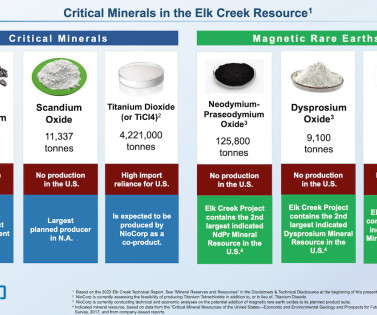State Department issues Draft Supplemental Environmental Impact Statement on Keystone XL Pipeline: climate change impacts
Green Car Congress
MARCH 2, 2013
The US Department of State (DOS) has released its Draft Supplemental Environmental Impact Statement (SEIS) in response to TransCanada’s May 2012 application for the Keystone XL pipeline that would run from Canada’s oils sands in Alberta to Nebraska. The pipeline would primarily transport crude oil from the WCSB and Bakken regions.



















Let's personalize your content